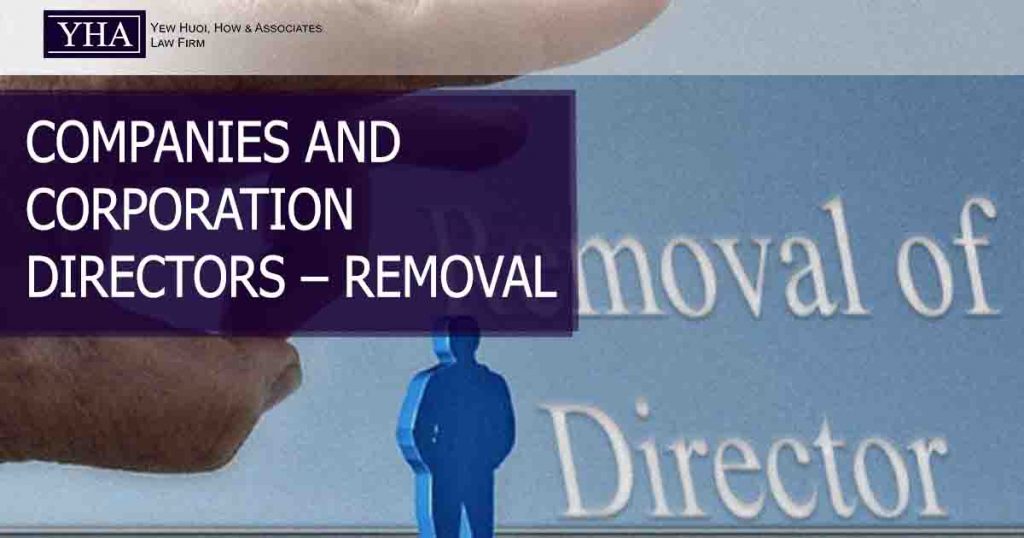X and Y were the only two directors in B Sdn Bhd. X was also employed as a paid staff of B Sdn Bhd. However, unhappy with working with Y, X submitted his resignation letter to resign from “all current holding position”.
3 years later, X complained that he was wrongfully removed as director of B Sdn Bhd and was replaced with a 3rd party.
Q. Can X say that he only resigned as staff but not director?
A. No. Because the wording “all current holding position” in his resignation letter includes directorship and the position as staff. X has to make it clear in his letter of resignation that he is resigning as staff and not director of B Sdn Bhd.
Q. Can X complain that he was wrongfully removed as director after 3 years?
A. No. Since there was a lapse of 3 years, it was deemed unreasonable. Generally, a reasonable person who was wrongfully removed as a director of a company would write to the company promptly to enquire about the reason of him being removed from his position. To lodge a complaint 3 years later appears to be unreasonable. As such, the court will likely presume X’s resignation was voluntary.
Q. Can Y appoint another director to fill the vacancy as a result of X’s resignation?
A. It depends on the Article of Association (“AOA”) of the Company (if the company is set up before 31 January 2017). By default, the Fourth Schedule of the old Companies Act of 1965 (“CA 1965“) provides that the remaining director can appoint any person to be director to fill a casual vacancy when a director resigns (Article 68). If the AOA of B Sdn Bhd is based on the Fourth Schedule, then Y (who is the only remaining director) can appoint another director to fill the vacancy from X’s resignation.
For company that establishes after Companies Act 2016 (“CA 2016”) came into force, Section 208(4) of the CA 2016 also allows the Board to appoint a new director.
Q. Can X insist that his consent is required to appoint new director?
A. No. Because X has tendered his resignation. This is notwithstanding there is a minimum of 2 directors requirement under the old CA 1965.

